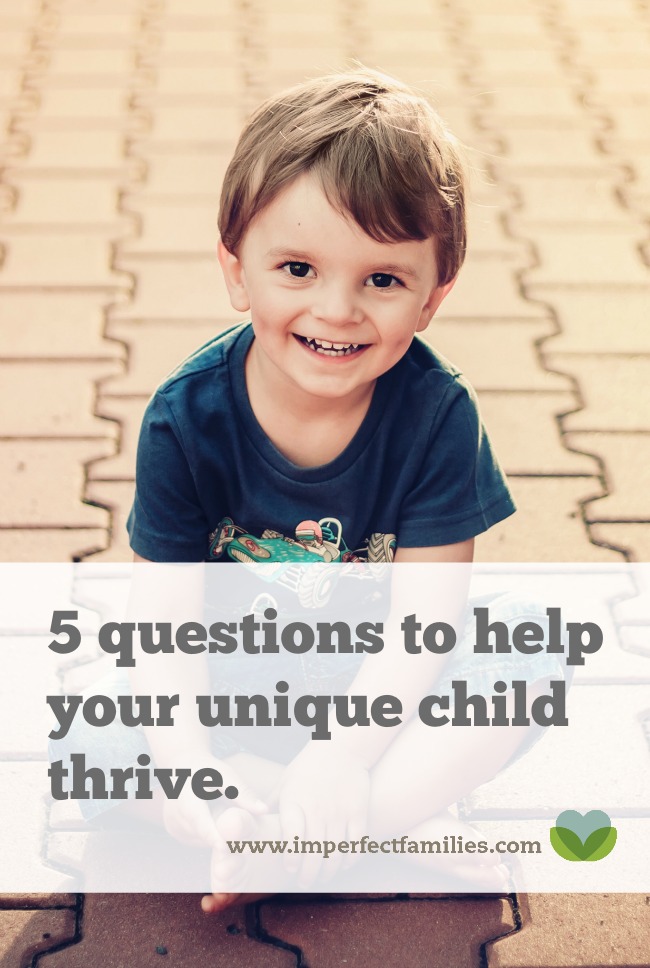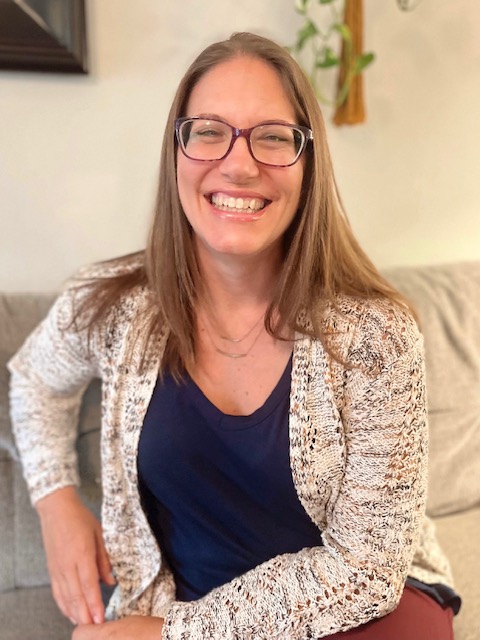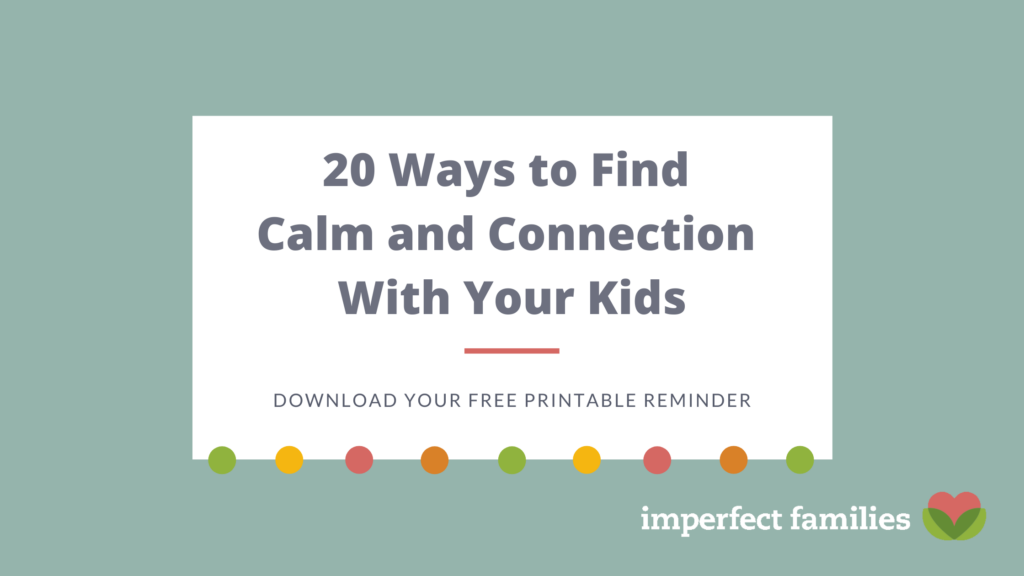
Special thanks to April Finley for guest posting this week! Read more about her in the bio below.
My diaper bag was packed according to the list I’d written before I’d given birth; it was well stocked with clean clothes, burp cloths, washcloths, pacifiers, receiving blankets, diapers, and any number of other things I wasn’t likely to need in my one hour at a restaurant.
After all, my baby was sure to sleep right through the meal, as that’s what I’d seen so many other babies doing, and even if he didn’t, he’d be occupied by my friends’ babies, who would also be there.
But he didn’t, and he wasn’t.
Instead, he was inconsolable, and I spent my time bouncing him in my arms and accepting my friends’ offers to take him outside, where he immediately calmed.
I was embarrassed, unsure why all the other babies at our table were happy and giggling while mine was clearly not; what was I doing wrong?
We tried taking him to restaurants as a family several times after that, and the result was always the same: if we wanted to eat in peace, one of us had to be outside with him, or at the very least, near a window.
As I gained confidence as a mom, I realized I wasn’t doing anything wrong; I simply have a child that doesn’t welcome a lot of chaos, noise, or strangers. I put aside all of my preconceived notions of what babies and children “should” act like or enjoy, and became a student of him – and, later, of my second child, my husband, and myself – as I tried to learn everything I could about his own unique personality and needs.
Now, whenever something seems “off” or unharmonious in our home, I reevaluate our needs as a family once more, considering each of the following questions:
- What do we need in order to thrive? When my kids are having one meltdown after another or seem listless and unhappy, they generally need more of at least one of the following things: time outdoors; playtime and direct interaction with me; my uninterrupted attention as they talk to me or show me what they’re working on; or an opportunity to be silly, whether that means suddenly pretending to be robots together, running in circles in the living room (my kids call this dancing), or singing silly songs.
- How do we learn best? As a homeschooling mom, I’m especially attuned to our various learning styles, interests, and intelligences, but I’m finding this is useful knowledge outside of the educational realm as well. My toddler loves sensory activities right now, so she helps to feed our cats and scrub the kitchen floor and table, whereas I sometimes suggest my car-loving son have his cars help him carry his plate to the sink when he’s finished with a meal.
- How much activity do we want/need on a weekly basis? Obviously, each of our needs has to be taken into account when it comes to the question of “how much is too much.” For us, a family of introverts, I aim for no more than two playdates per week, and when we have a busy day, I try to clear our schedule the following day to make room for rest and play. If we run errands in the morning, we stay home in the afternoon, and vice versa.
- How do we hurt? This may not seem like an obvious question, but in my family, when we get hurt – either physically or emotionally – some of us need time to ourselves before we can respond appropriately to others. So while it may seem strange to not wrap my children up in a big hug immediately after they stub a toe, I’ve learned from experience that a hug will make them angry, and running out of the room is their most natural response.
- How do we heal? Equally as important as knowing how we hurt is understanding how we heal. Physical healing is easy; an ice pack, band-aid, or kiss work wonders with the four-and-under crowd. But when feelings are hurt or they’re experiencing emotional pain, I need to respond to them in the ways they most feel loved, whether that means sitting with them quietly, speaking to them with empathy, or holding them.
These days, we can go to restaurants without anyone needing a break from the noise, but if there’s anything I’ve learned in my four short years of parenting, it’s that there’s no one-size-fits-all, no guidebook with all the answers, and no one that knows my children like I do.
So I’m happy to become a student once more with each passing season because if there’s anything I want to be an expert in, it’s in knowing my kids and helping our family to thrive.
Meet April!
 April Finley is a former teacher turned homeschooling mom. Her preschooler and toddler now teach her to slow down, enjoy the simple things in life, and always be open to learning something new (like how to be a more intentional parent!).
April Finley is a former teacher turned homeschooling mom. Her preschooler and toddler now teach her to slow down, enjoy the simple things in life, and always be open to learning something new (like how to be a more intentional parent!).



Comments have been turned off to retain the privacy of all families. If you have a question or comment on the topic, you're always welcome to contact me.